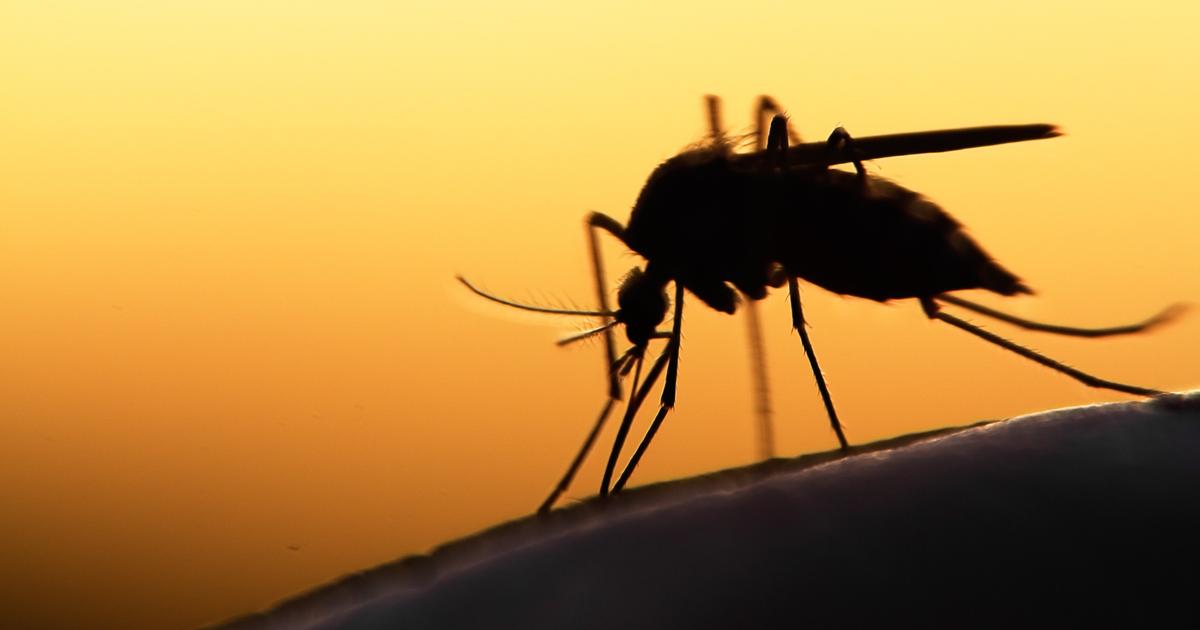Ghana validated Thursday, April 13 the use of a new anti-malaria vaccine developed by the University of Oxford.
This is a great first for this vaccine developed for decades, which raises a lot of hope in the country.
The R21/Matrix-M vaccine, developed by scientists at Oxford University and manufactured by the Serum Institute of India, "has been
approved for children aged 5 to 36 months, the age group most at risk risk of death from malaria
,” according to the University statement.
“The culmination of thirty years of research”
“
It is hoped that this crucial first step will allow the vaccine to help Ghanaian and African children to fight malaria effectively
,” it says.
Malaria, a parasitic disease transmitted by mosquitoes, killed 627,000 people (mainly African children) in 2020 alone. In September 2022, Oxford researchers had already expressed their hopes for this vaccine.
The authorization in Ghana "
marks the culmination of thirty years of malaria vaccine research at Oxford, with the design and availability of a highly effective vaccine that can be supplied on an adequate scale to countries requiring it. most need
,” said Oxford vaccine specialist Adrian Hill, head of the R21/Matrix-M program, on Thursday.
Large-scale manufacturing
It is "
a low-dose vaccine that can be manufactured on a large scale and at modest cost, which would provide hundreds of millions of doses to
African countries with a
high malaria
burden. ", he added.
The vaccine contains Matrix-M adjuvant, a vaccine ingredient patented by Novavax and also used in the US biotechnology company's Covid vaccine.
In 2021, another vaccine, produced by British pharmaceutical giant GSK, became the first malaria vaccine to be recommended for widespread use by the World Health Organization (WHO).
But research has shown that the effectiveness of GSK's vaccine is around 60% and drops dramatically over time, even with a booster dose.
According to a study published in 2021, Oxford's R21/Matrix-M vaccine was found to be 77% effective in preventing malaria.
It was the first time that a vaccine exceeded the efficacy target set by the WHO at 75%.

